I passed the CFA Level 1 exam on my first try in June 2011. How I did it is similar to many success stories that I have since heard on the topic. If this is your first swing at Level 1, take a look at my post before you get too discouraged.
But first, to be honest, even after I took the exam I had expected to fail. It was hard, there were a lot of questions, and I guessed a lot! I was used to walking out of exams fairly confident. I was not used to exams in which guessing was assumed to be necessary.
However, after tutoring for a number of years, and hearing others’ experiences I started to realize just how hard the first exam was for some people. In hindsight, I understand why I passed on that overcast Saturday in June. It comes down to these five reasons.
1. A basic foundation in accounting or finance helps!
I worked as an equity research associate at the time. I had also taken basic accounting courses in high school as well as college. Accounting is the backbone of securities analysis, and for the CFA Level 1 exam, a basic understanding of accounting is a must! Don’t bother comparing yourself to someone that claims to have studied two weeks for the exam (when it took you 6 months) and passed, if you are coming at it with no accounting background. You will need more time.
2. Passed the CFA Level 1 exam? Your college major probably helped!
Dove-tailing from the last point, I have tutored very smart students from Ivy League schools that still struggled when studying because they came from other disciplines. Many that take the exam from backgrounds other than finance, economics, or accounting, understandably have a difficult time. The math in most financial analysis is not particularly difficult, but knowing the jargon is crucial. Given that I majored in economics and finance, I was fortunate that much of the material was review.
3. Work in the industry
After two years on the job in equity research I decided to take a shot at the CFA exams. I didn’t know many people that passed the CFA Level 1 exam on their first try. However, I was at a clear advantage to someone trying to study for the exam in a software-engineering position. I was constantly exposed to industry rules, practices, and ethics standards. This was an immense help. Although, keep in mind that there will be real-world instances that conflict with the CFA curriculum. When in doubt, stick to the curriculum.
4. Studying Can’t Be Avoided
Despite long work hours, the last thing I wanted to do after work was to study dry finance curriculum. Unfortunately, there is no better way to ensure a passing grade. That said, studying smart is more important that studying generally. To this point, spend as little time as necessary learning the material and focus on the practice questions. For those that need help first learning the curriculum, I highly recommend a CFA tutor.
Given my background I personally did not open a single textbook for Level 1, but I did take over 2,000 practice questions from Schweser’s QBank. Make it a priority to learn how the CFA Institute tests your knowledge, and the type of questions they might ask.
5. Travel with Your Notes
I personally think one of the most important reasons that I passed the CFA Level 1 exam on my first try was due to constant review. Make a list of explanations from problems that give you the most trouble among practice questions. Carry this list everywhere! Constantly reviewing the most difficult (at least for me) questions/concepts helped ensure their difficulty subsided. Take your notes on planes, trains, and automobiles as even 15 to 20 minutes of review can help pound into your long-term memory concepts that don’t naturally come to you.
Lastly, I showed up well ahead of time for the exam and entered the exam room with low stress levels knowing that there was not much more I could do at that point. Give yourself plenty of time, eat well, and keep your heart rate low. You’ll be ready to go!
